Many of us rely on VPNs to protect privacy, make our communications secure, and also prevent any attempt to track you and see what you're doing on the web. Camel It is not as we imagine, and some data has been leaked, although the main purpose is to protect our data and prevent our identity and location from being recognized, and the worst is that Apple knows this problem and has not solved it yet.

VPN apps
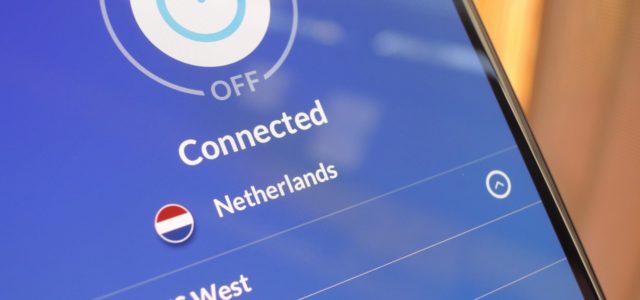
The story began when a security researcher posted on his blog a constantly updated topic about VPNs on the iPhone and pointed out that they do not provide protection and are just fraudulent applications, and added that these types of applications leak user data and Apple has knowledge of the matter, but turns a blind eye to it. .
Security researcher Michael Horowitz claims he was able to ensure that VPN apps and service providers were able to leak user data and tested it on several such apps on an iPhone running iOS 15.6.
How is data leaked?
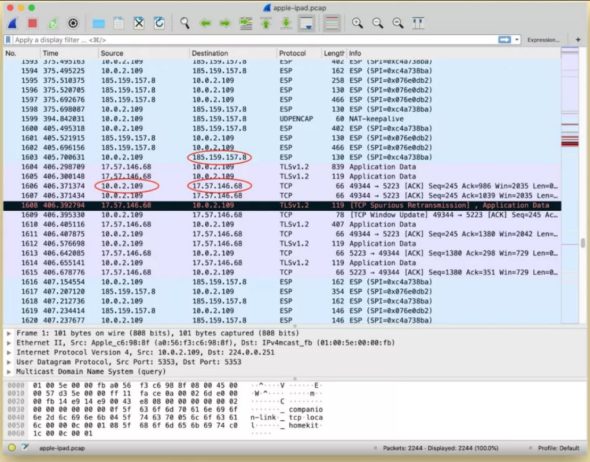
A VPN should establish a secure, encrypted connection between your device and the Internet through a tunnel or private network through which your data and communications can travel. However, Horowitz clarifies that all sessions and connections established before activating and using the VPN app must be terminated and this does not happen by default, which means that user data can still be accessed outside the VPN range.
Horowitz also investigated further to see if any iPhone VPN service providers had implemented an option called Kill TCP Sockets after connection that would automatically shut down those connections, and after reviewing some VPN services, Horowitz found that these apps do not provide an option to terminate connections that were established before using VPN services.
What about Apple
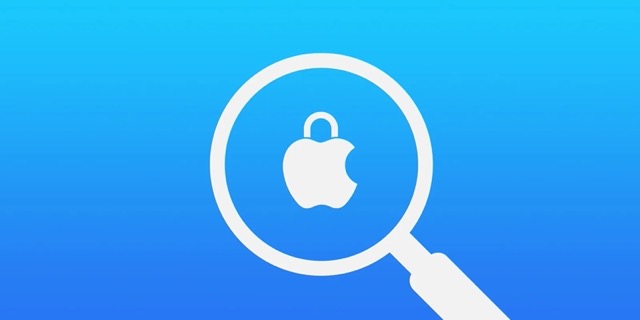
Horowitz sees VPNs as being relied upon by the user because they want to secure and protect their data and prevent access to it. VPN applications may try to protect the data but fail to do their job. It was found that the issue affects services like ProtonVPN, WireGuard, Windscribe, and others. Which indicates that the vulnerability lies in the iPhone operating system itself.
The security researcher explained that Apple is aware of the matter but has not addressed the issue despite the fact that it had been two years since it was first introduced and that was in March 2020. When the service reported ProtonVPN that details of what appears to be the same error were found. The data of VPN users who used an iPhone running iOS 13 and iOS 14 were leaked.
What is the solution?
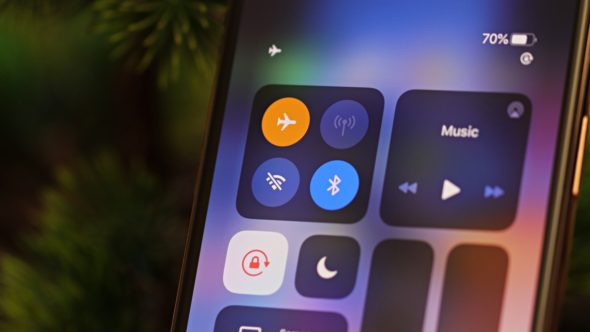
One solution is to use Apple's Always On VPN feature, which allows you to have complete control over your traffic. It ensures that the VPN's encryption tunnel is always active so all your communications are protected. However, the process of enabling this feature is complicated and not many users can do it.
ProtonVPN suggested turning on Airplane Mode after activating the VPN to shut down all connections to the device, pause the VPN, and then turn off Airplane Mode. This will restart the VPN again thus eliminating any previous connections. Your connection is fully encrypted, however Airplane Mode may not stop 100% of previous connections.
Ultimately, Horowitz advises not to trust any VPN service provider on iPhones. Instead, he thinks it's best to use a VPN from your router to protect your entire network. Thus, all devices connected to the network are secured and protected. Including your iPhone and in this way all your past and current communications will be encrypted.
Source:

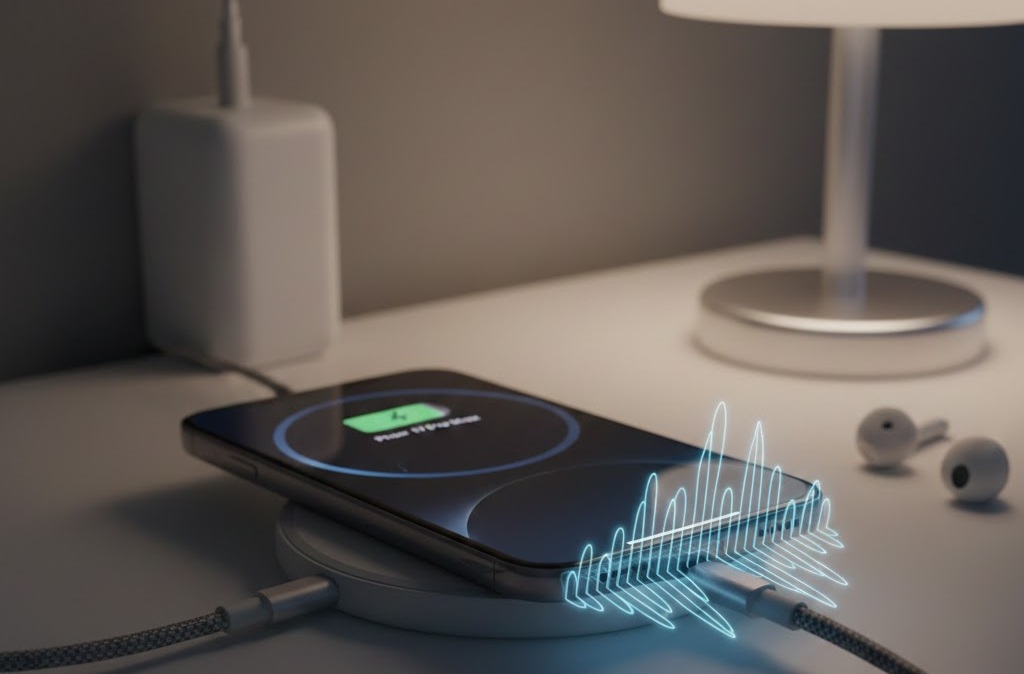
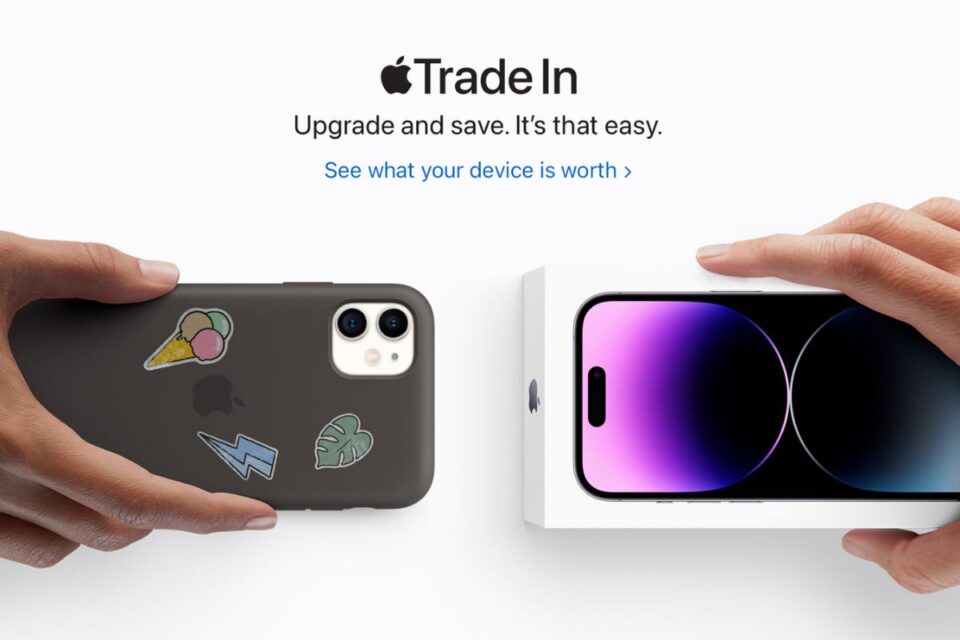
26 comment